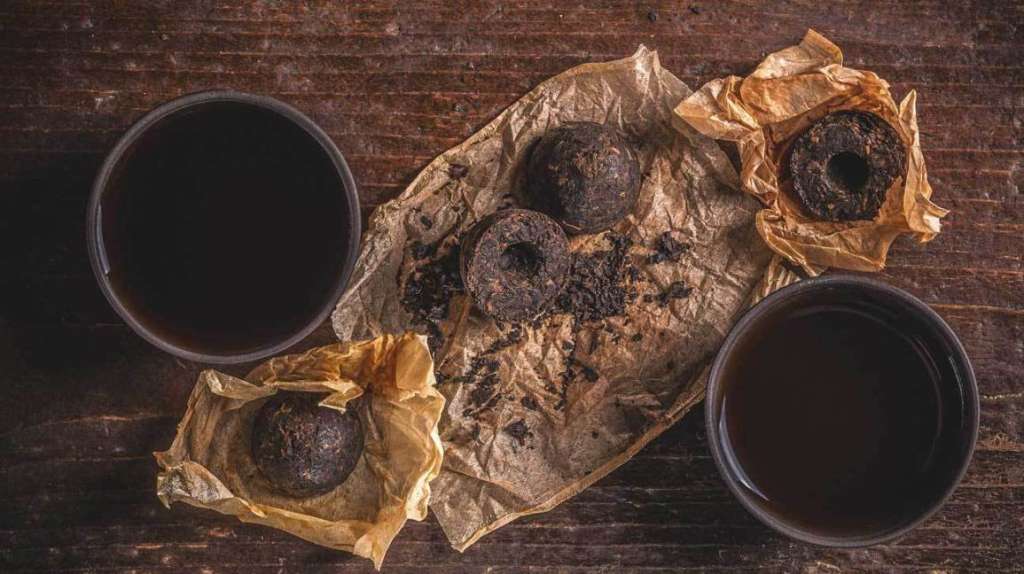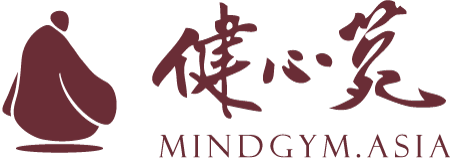Glimpse in the Beginning
The tea-plant, a native of southern China, was known from very early times to Chinese botany and medicine. It is alluded to in the classics under the various names of Tou, Tseh, Chung, Kha, and Ming, and was highly prized for possessing the virtues of relieving fatigue, delighting the soul, strengthening the will, and repairing the eyesight. It was not only administered as an internal dose, but often applied externally in form of paste to alleviate rheumatic pains. The Taoists claimed it as an important ingredient of the elixir of immortality. The Buddhists used it extensively to prevent drowsiness during their long hours of meditation.

By the fourth and fifth centuries Tea became a favourite beverage among the inhabitants of the Yangtse-Kiang valley. It was about this time that modern ideograph Cha was coined, evidently a corruption of the classic Tou. The poets of the southern dynasties have left some fragments of their fervent adoration of the "froth of the liquid jade." Then emperors used to bestow some rare preparation of the leaves on their high ministers as a reward for eminent services. Yet the method of drinking tea at this stage was primitive in the extreme. The leaves were steamed, crushed in a mortar, made into a cake, and boiled together with rice, ginger, salt, orange peel, spices, milk, and sometimes with onions! The custom obtains at the present day among the Tibetans and various Mongolian tribes, who make a curious syrup of these ingredients. The use of lemon slices by the Russians, who learned to take tea from the Chinese caravansaries, points to the survival of the ancient method.
It needed the genius of the Tang dynasty to emancipate Tea from its crude state and lead to its final idealization. With Luwuh in the middle of the eighth century we have our first apostle of tea. He was born in an age when Buddhism, Taoism, and Confucianism were seeking mutual synthesis. The pantheistic symbolism of the time was urging one to mirror the Universal in the Particular. Luwuh, a poet, saw in the Tea-service the same harmony and order which reigned through all things. In his celebrated work, the "Chaking" (The Holy Scripture of Tea) he formulated the Code of Tea. He has since been worshipped as the tutelary god of the Chinese tea merchants.
